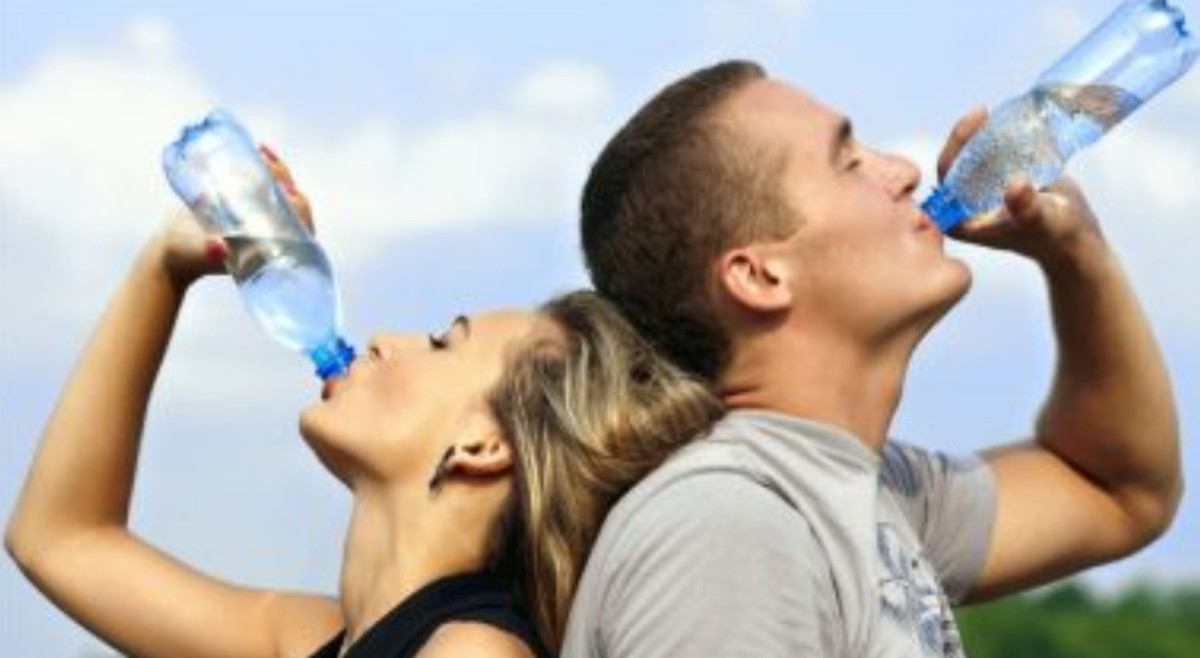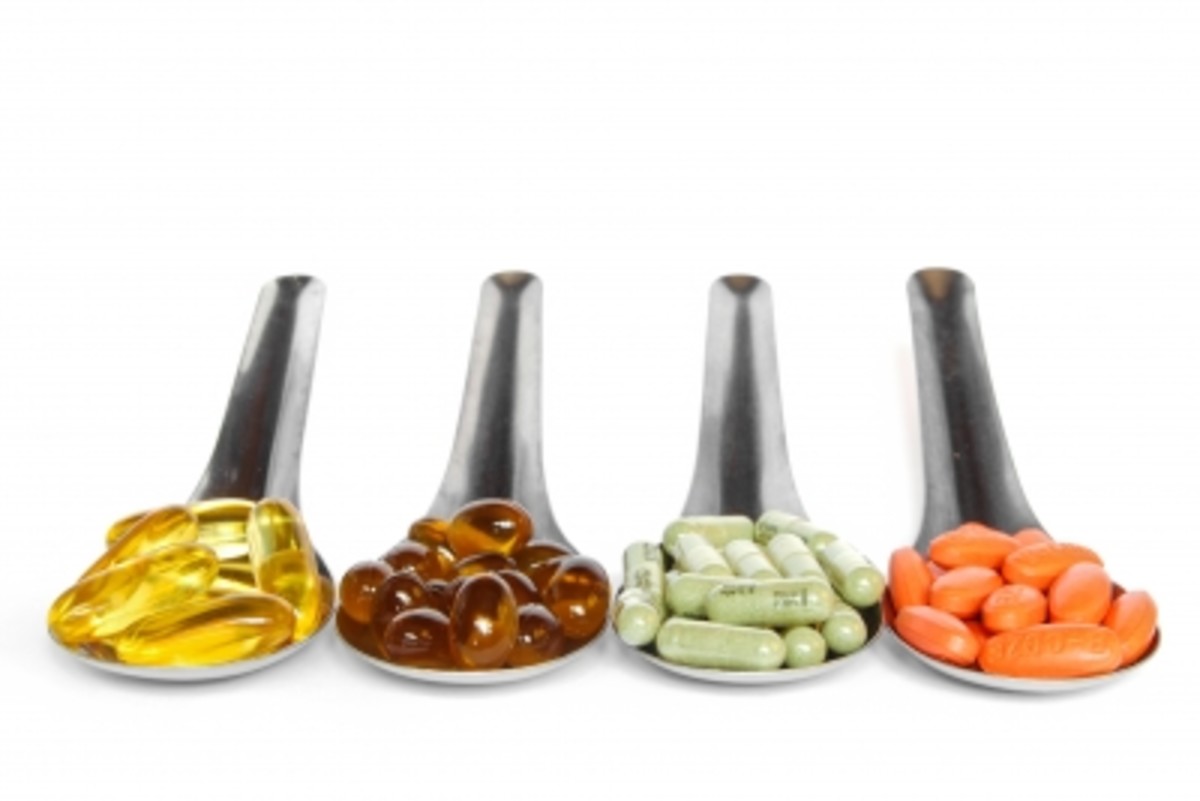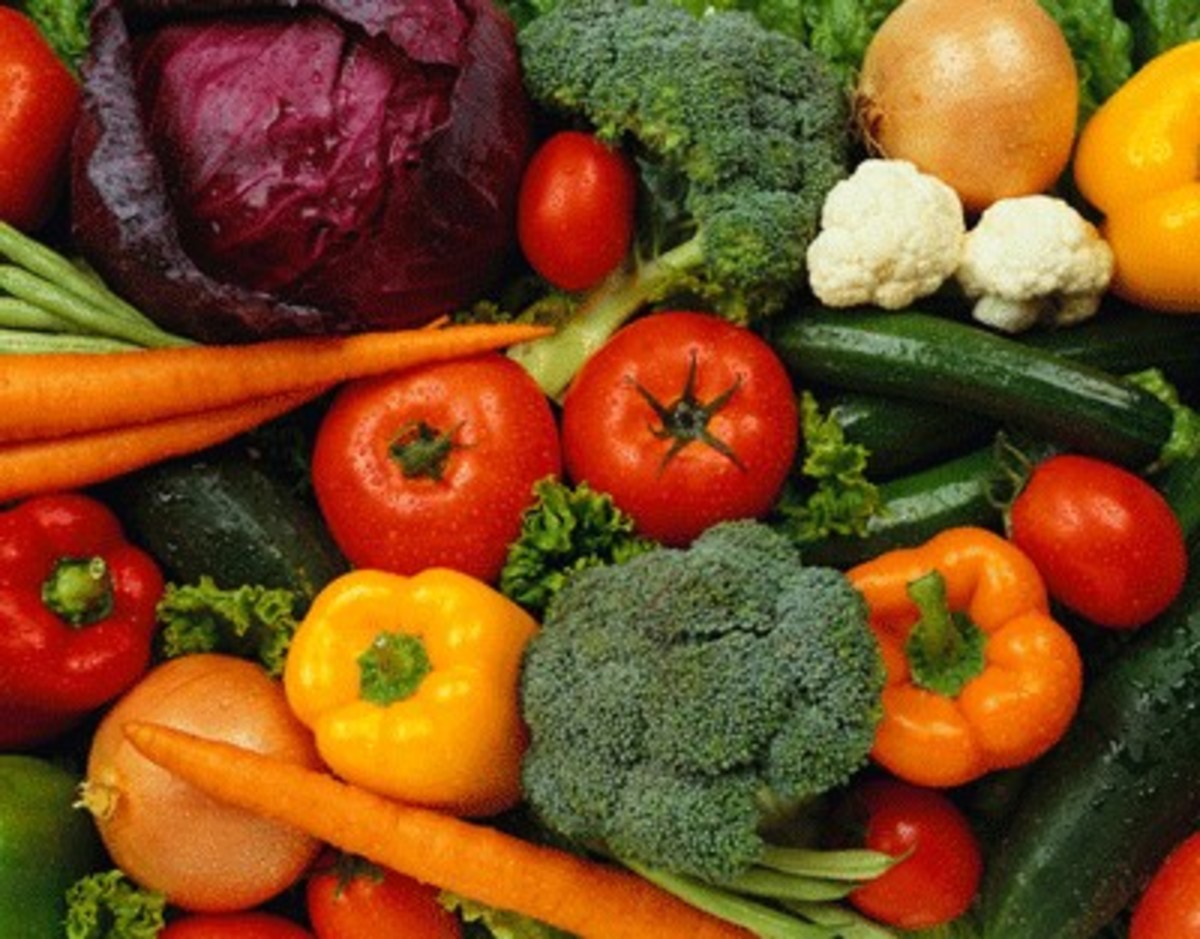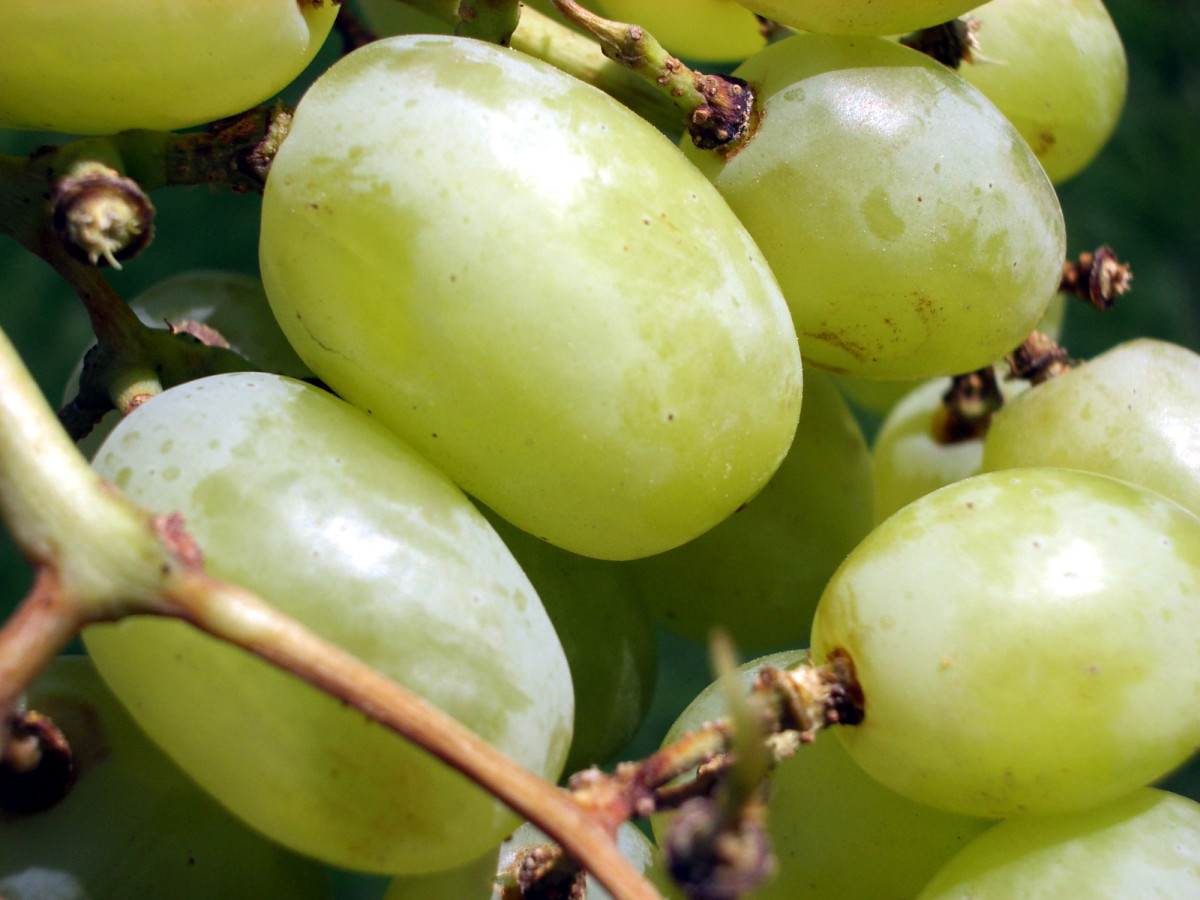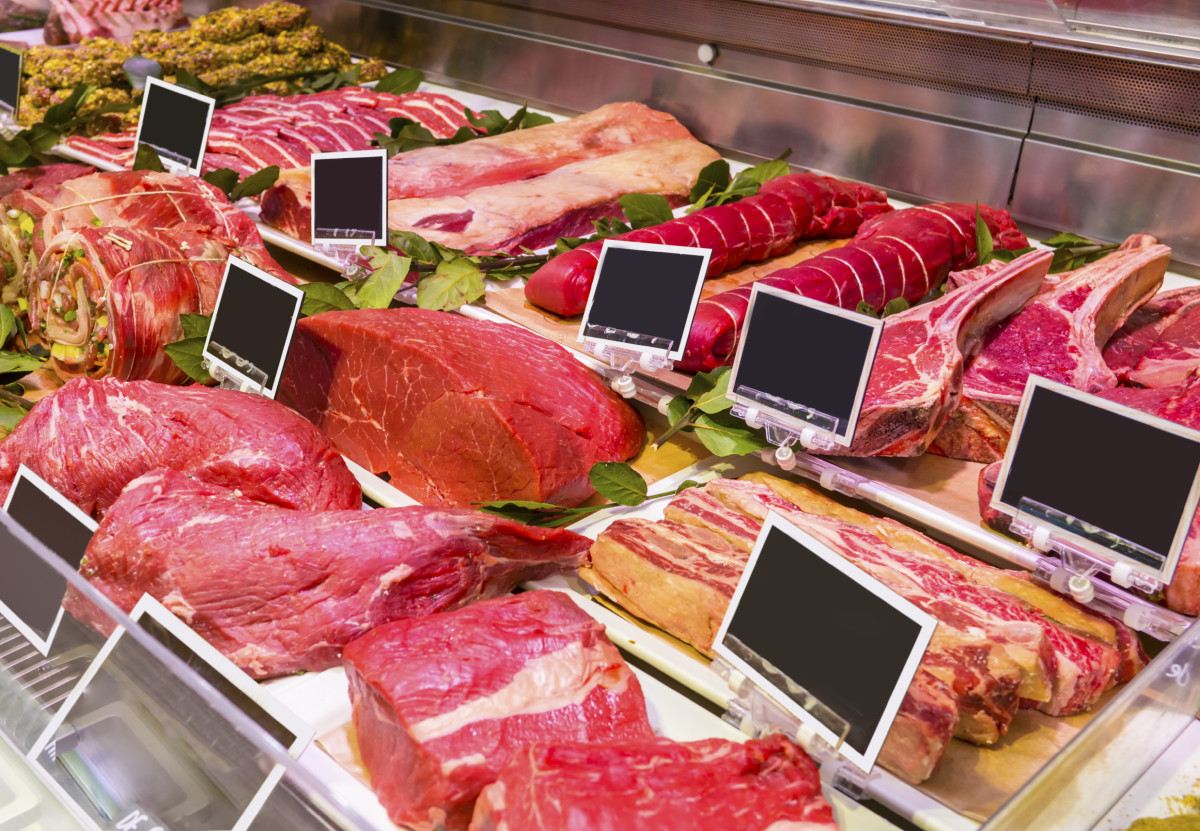Salt How Much Do We Need
Salt is essential for good health. At any give time our bodies contain about 1 cup of salt and without salt we could not live. Without enough salt in our bodies our muscles won't contract,food won't digest, our heart won't beat and our blood won't circulate. There is salt in our blood, sweat, and tears. Salt is sodium chloride and both substances are important for the body to function in the correct manner.
Sodium helps to maintain the fluid in our blood and also helps in the transmission of electrical impulses between our brains, nerves, and muscles. It also helps our muscles including the heart to contract.
Chloride is essential for digestion, as it is part of the digestive fluids. It helps in the absorption of potassium and helps the blood carry oxygen from tissues to the lungs.
Salt is so important to human life that it has been used as money in some of our history.
However to much salt can harm the human and as with most things there is a limit to how much salt a person should have.
Excess Salt Is No Good
While salt is essential for a healthy body, to much can do the body harm. The Center for Disease Control and Prevention, the CDC, says that the average American should consume no more than one teaspoon of salt per day, which is 2,300 milligrams. On the average American consume about a teaspoon and a half and the recommendation for people with high blood pressure is two-thirds of a teaspoon a day. The amount of salt in the average American's diet is 2.3 times the recommended intake. This is very harmful and can lead to high blood pressure and in turn lead to heart disease and stroke. The kidneys are responsible for ridding the body of excess salt, but when there is to much the kidneys can become overwhelmed and not be able to eliminate the excess salt fast enough which causes fluid retention and this fluid can build up around the heart. Salt causes fluid retention within the body and if someone is dehydrated an IV saline solution is given to rehydrate the body. So an excess amount of salt in the body will and does cause fluid retention.
So Where Is All This Salt Coming From?
We all have salt shakers in our homes. We have certain foods that we like a bit more salty than other foods. We all have heard the tales from the powers that be that excess salt is bad for us, and can cause very terrible diseases. Some of us make a conscious effort to cut down on the salt in our diets. So where the heck is all this salt in our diets coming from?
Salt just makes food taste better, and the United States population loves their salt. And the food companies know it. Most processed food in this country have high levels of salt in them, and there are 2 main reasons for this. Salt is a preservative. The food companies can keep their products on the grocery shelves longer when they don't "go out of code" as the grocery industry calls it, therefore selling more product and reducing their overhead. The more food that goes out of code the less profit the food companies make. The other reason is that salt just makes food taste better. It's a pretty sweet deal the food companies have going for themselves and I say " Buyer Beware". Canned vegetables, canned soups, luncheon meats and frozen foods are some of the biggest culprits.
Another food item that is often overlooked when people think about salt in their diets are condiments. As stated earlier a teaspoon of salt is 2,300 milligrams and a tablespoon of soy sauce has half the recommended daily amount. So if you shake a bit of soy sauce on your evening meal you are probably way way over your recommended daily allowance in just a few shakes of soy sauce. That means before dinner you can have no salt at all in your diet. Catsup is another source for unknown salt in your diet. 190 milligrams in 1 tablespoon, have you ever seen how much a tablespoon of catsup is? Most of us probably use at least 3 tablespoons for a hamburger and fries. That is one- fourth of the recommended amount. If you are a huge catsup lover as my son is, you could quite possibly use enough catsup with that burger and fries to be at or exceed the recommended daily amount.
Tips On Cutting Down Your Salt Intake
The question is how do I cut down on my salt intake. There are several things you can do to help yourself reduce your salt intake and not give up the wonderful taste of food.
- If processed foods are a big part of your cooking, learning how to cook fresh veggies, even if you start doing it one day of the week, will be a big help. Also when you use the canned versions of veggies buy a low sodium canned veggie as opposed to the salted version.
- Fresh meats are lower in sodium than luncheon meats, bacon, and hot dogs.
- Don't use salt in your cooking. When normally you would add salt to your favorite recipe, cut down on the amount of salt, each time you make it use a bit less salt than the time before and soon you will not be adding salt at all. Certain foods have to have the salt in them for the recipe to work. Mainly I am talking about cookies, if they don't have the salt called for in the recipe they will not raise during the baking process.
- Cut down on the amount of condiments you use. Put a bit less on each time and soon you will be using other things to flavor the things you used to put condiments on. Using herbs and spices can replace the tastes you get from flavoring with salt.
Just doing these 3 simple things will cut your salt intake by at least half. This can only be good for you.
Salt Is An Acquired Taste
Salt is an acquired taste which means we can reverse that acquired taste. You can do this by gradually reducing the amount of salt you eat in a day. After a time frame of a few days to a couple of weeks we can be perfectly satisfied with no or very little salt in our diet.
I now use very little salt in my diet. When I cook I never add salt to anything I cook and then various members of my family will salt their food to their taste. I add very little. But when my body needs salt it let's me know in the form of cravings. I will crave salt. And when that happens I eat something with salt to give my body what it needs. I know I am still getting salt in my diet, I do eat some processed foods, but I have cut down a lot on my salt intake. My blood pressure is good and everything in the health department is wonderful. The reduction in my salt intake has made some of this health possible.

